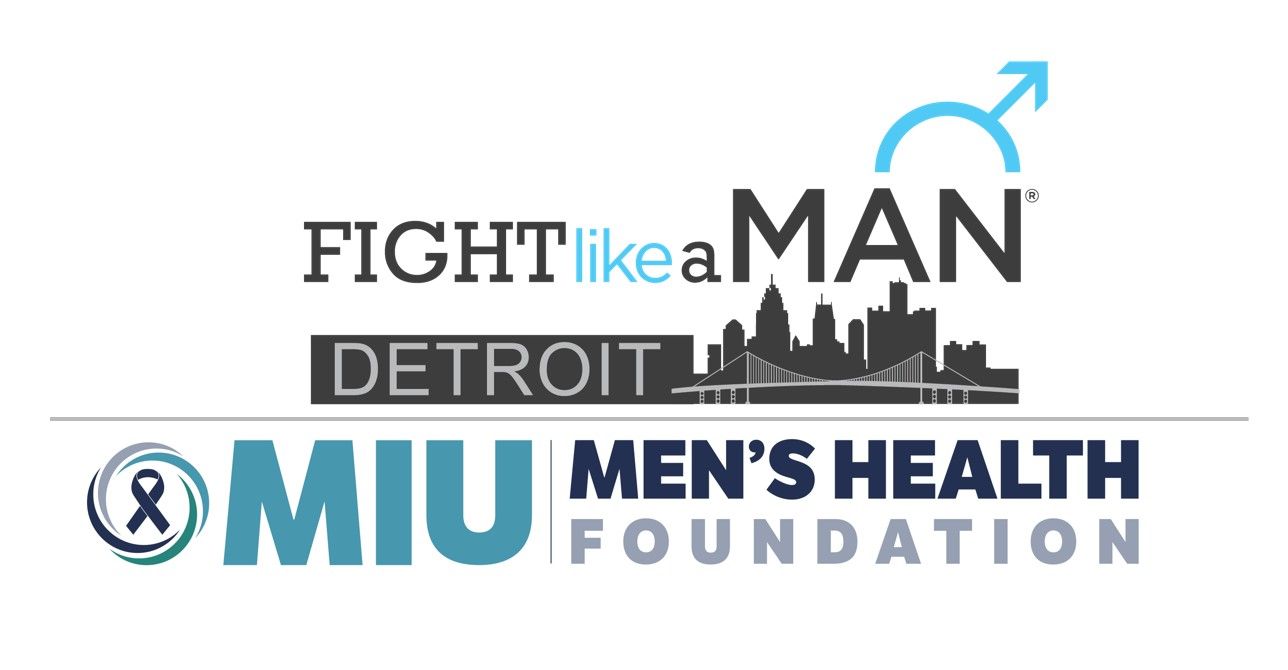
Getting Men Screened and Being Proactive About Their Health

The start of Men’s Health Week offers an opportunity for men to get screened for a variety of health issues and be proactive with their health including those who might be at risk of HIV and may benefit from PrEP.
Today marks the start of National Men’s Health Week (June 13-19). With it comes the public health awareness campaign for men to be more proactive in getting regular screenings and seeking out medical professional health more often.
One of the biggest health issues for men is screening. They simply don’t get screened as much as women for the various cancer screenings or testing for infectious diseases such as HIV. According to the CDC, women are 33 percent more likely to visit the doctor than men, and women are 100 percent better at maintaining screening and preventive care.1
“In general, men are very reticent to go out and ever seek screenings; and we don’t know the reasons,” Michael Lutz, MD, partner at The Michigan Institute of Urology (MIU) Men’s Health Foundation, said. Lutz says it could be the way boys are conditioned at a very young age, and they are told that “big boys don’t cry.” And, he says when they grow-up, men are not equipped to seek medical counsel.
Another overall health disparity between men and women is public health messaging. For example, in looking at breast and prostate cancer, health awareness delivered by the media has seen a greater proliferation of the former cancer compared to the latter. “In a study exploring newspaper cancer stories, it was found that mammography was mentioned significantly higher than PSA or colorectal screenings in mainstream and in ethnic newspapers,” investigators wrote.2
Throughout the year, there are various breast cancer events including the Mother’s Day walk. The annual awareness campaign culminates in October, which is breast cancer awareness month. In perhaps a bit of irony, and an example of the differences in messaging, many professional NFL players wear flashes of pink on their uniforms, gloves, and cleats to raise awareness around breast cancer.
In thinking about infectious disease and HIV screening, years ago and even today to some extent, there has been a stigma around it and delays in testing can lead to less-than-optimal outcomes. “A negative HIV test result can lead to prevention options like pre-exposure prophylaxis (PrEP),” the Centers for Disease Control and Prevention (CDC) stated on its site. “A positive result should lead that person to care and treatment, ideally on the day the diagnosis is made. This protects their health and is key to preventing new infections.”
With National Men’s Health Week, providers and various health organizations are working to turn the tide in favor of more men being proactive in their health.
“We use every hook that we can to try and engage men into health care services, whether it be through our foundation, or any services that are available through the community,” Lutz said.
His Detroit, Michigan-based organization hosts events around screening awareness and doing actual tests during National Men’s Health Week. The foundation also has its Blue Monday (today) to begin Men’s Health Week by promoting men’s health engagement.
And in thinking about HIV/AIDS, The Men’s Health Foundation has partnered with a local organization, Gospel Against AIDS, to raise awareness on men’s health disparities as it relates to HIV.
“We do 2 things: educational sessions and HIV testing,” Rosalind Andrews-Worthy, executive director at Gospel Against AIDS, explained. “Our goal is to empower and equip religious leaders in their houses of worship to effectively operate in the HIV continuum of care by providing services of care for those at risk of HIV infection.”
“HIV screening and HIV screening opportunities are the things we talk about a lot,” Lutz stated. “And thankfully because of Rosalind and our partnership through our Men’s Health Foundation, we are able to offer these screenings. There’s nothing that’s become more valuable at our Men’s Health Event than to stand there and see men openly standing in line waiting for their HIV screening.”
Gospel Against AIDS is funded by the CDC, Michigan Department of Health, and Ryan White HIV/AIDS Foundation, and is celebrating its 25th anniversary.
Contagion spoke to Andrews-Worthy and Lutz about men’s health disparities as it relates to HIV screenings and care, and how clinicians and community leaders can engage men in discussing their sexual health and looking at prevention measures such as PrEP.
To learn more about the foundation’s events this week, go to their
References
1. Brett KM, Burt CW. Utilization of ambulatory medical care by women: United States, 1997-98. Vital Health Stat 13. 2001;(149):1-46. doi:10.1037/e309022005-001
2. Stryker JE, Emmons KM, Viswanath K. Uncovering differences across the cancer control continuum: a comparison of ethnic and mainstream cancer newspaper stories. Prev Med. 2007;44(1):20-25. doi:10.1016/j.ypmed.2006.07.012
Newsletter
Stay ahead of emerging infectious disease threats with expert insights and breaking research. Subscribe now to get updates delivered straight to your inbox.

































































































































